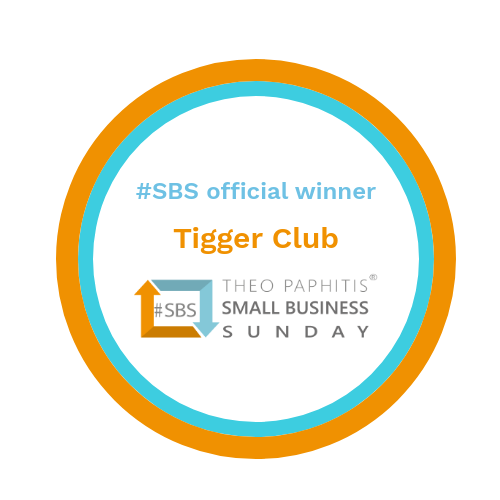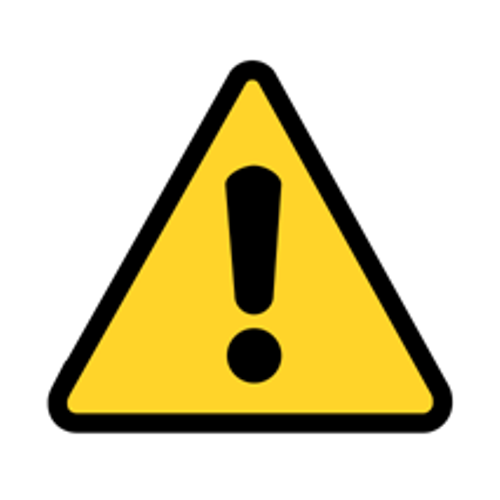Salmonella Outbreak in Certain Feeder Rodents
Anyone that purchases feeder rodents for their animals need to take care as a Salmonella outbreak is linked to certain feeder rodents
Feeder rodents are rodents specifically bred for the sole purpose of being used as food for animals, such as snakes, birds of prey etc.
The Food Standards Agency is urging reptile owners who purchased certain feeder rodents, to take extra precautions and always wash their hands to avoid becoming ill with salmonellosis.
Scientists have confirmed a link between Salmonella detected in feeder mice distributed by Monkfield Nutrition Ltd across all four UK nations, and an outbreak of human cases of Salmonella.
The outbreak was first investigated in 2015 and has so far resulted in almost 850 reported human cases, mostly but not exclusively, living in households with one or more pet reptiles.
The affected feeder rodents were imported from Lithuania and are sold in a number of retailers, typically fed to reptiles. Retailers must now provide all customers that purchase feeder rodents from Monkfield Nutrition Ltd with an information leaflet about the risks of Salmonella infection and advice on always washing their hands as a good hygiene practise for handling animal food in the home.
The FSA is also liaising with local authorities and with Monkfield Nutrition Ltd, who have contacted all of its customers to inform them of the additional requirements in the short term.
Salmonella are bacteria found in the gut of many animals, especially reptiles. The bacteria can spread from carrier animals to cause illness in people. Though Salmonella infection in people usually causes short-term illness, with diarrhoea, fever, vomiting, and abdominal pain, more severe illness can occur. The risk to the general public is considered to be very low but it can have serious consequences, particularly for babies, small children, elderly people, and those with compromised immune systems, leading to hospitalisation in some cases.
There is a risk of Salmonella when handling raw or frozen and defrosted pet food such as mice, rats or chicks, as freezing does not kill Salmonella. Most reptiles carry Salmonella in their intestines for months or even years after exposure to contaminated food, and this can spread to their owners and other household members. Remember to always wash your hands thoroughly with soap and water immediately after handling the frozen food and feeding your reptile, after handling your reptile, cleaning their vivarium or any other equipment such as soaking pools.
Anyone who is concerned about symptoms should contact their GP
. Anyone that becomes ill with symptoms such as diarrhoea, abdominal pain and fever, consult your doctor or NHS 111 and inform them that you own/keep a reptile. If you have symptoms, make sure you wash your hands regularly and avoid preparing food for others. Do not go to work or school until 48 hours after symptoms have passed in order to reduce the chances of passing on the infection.


